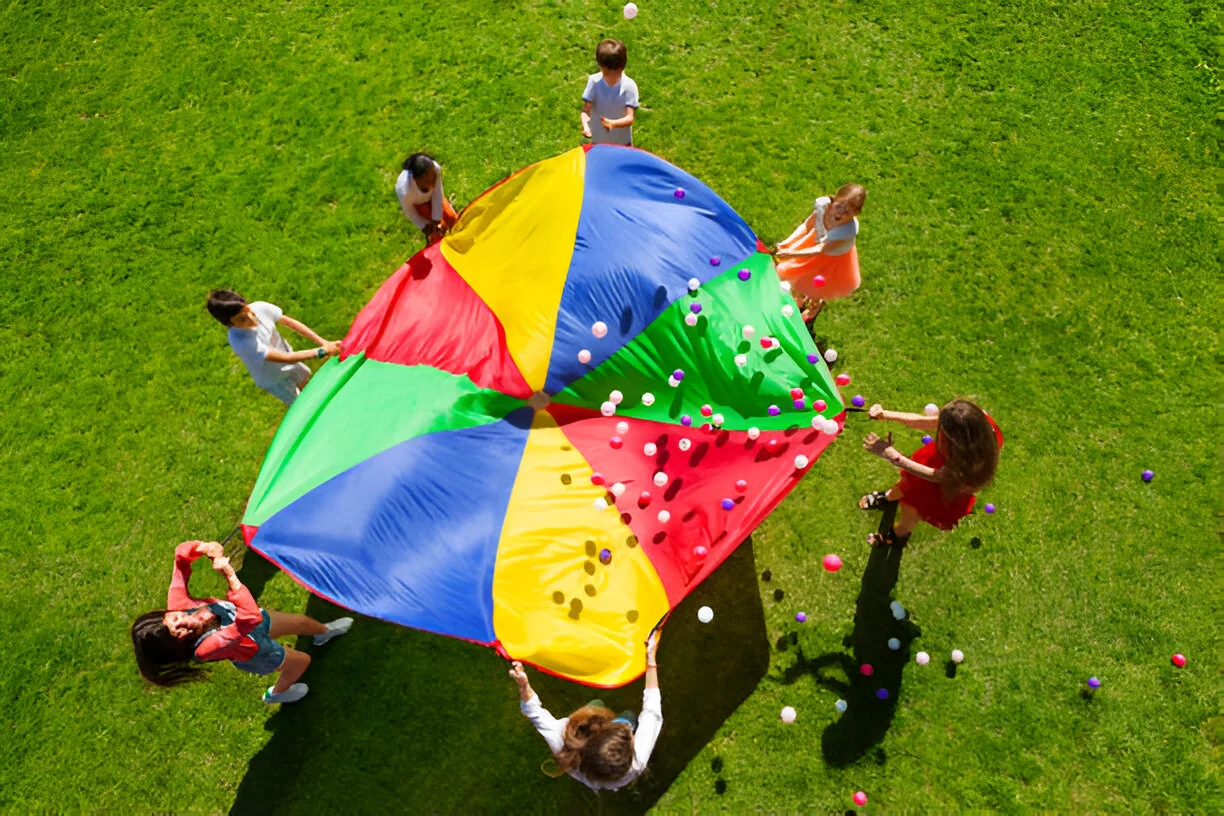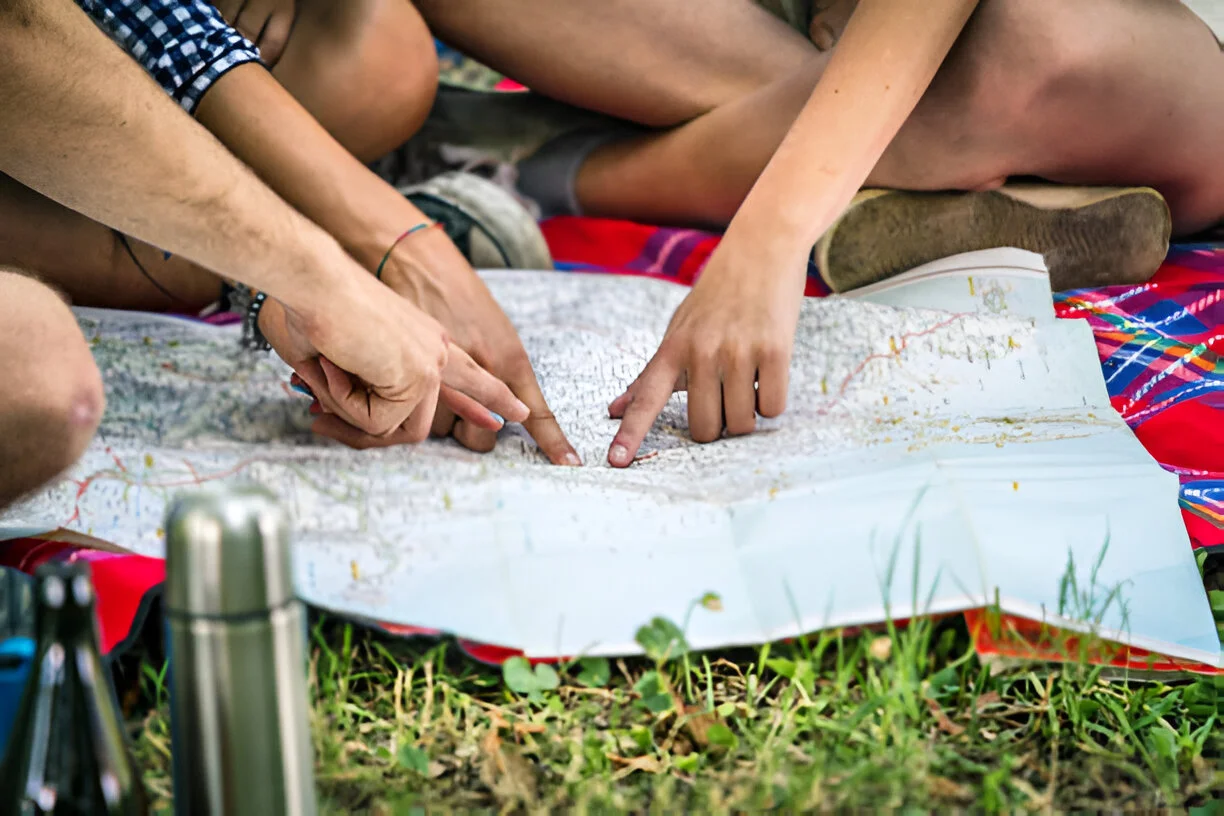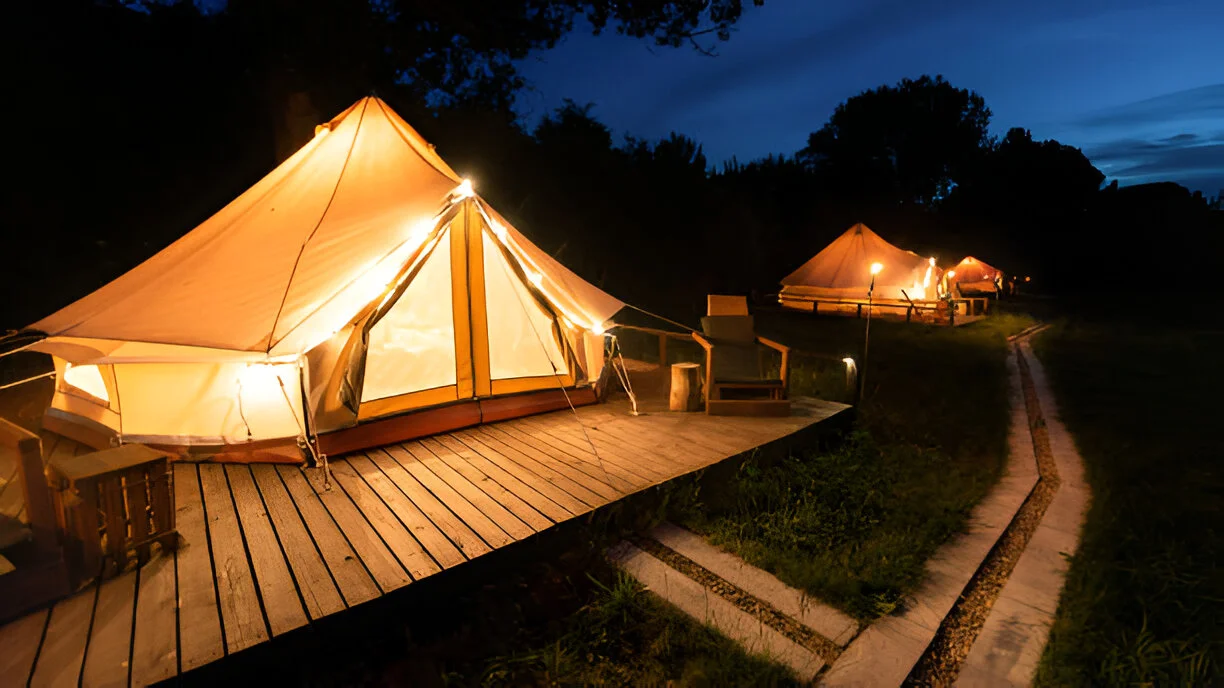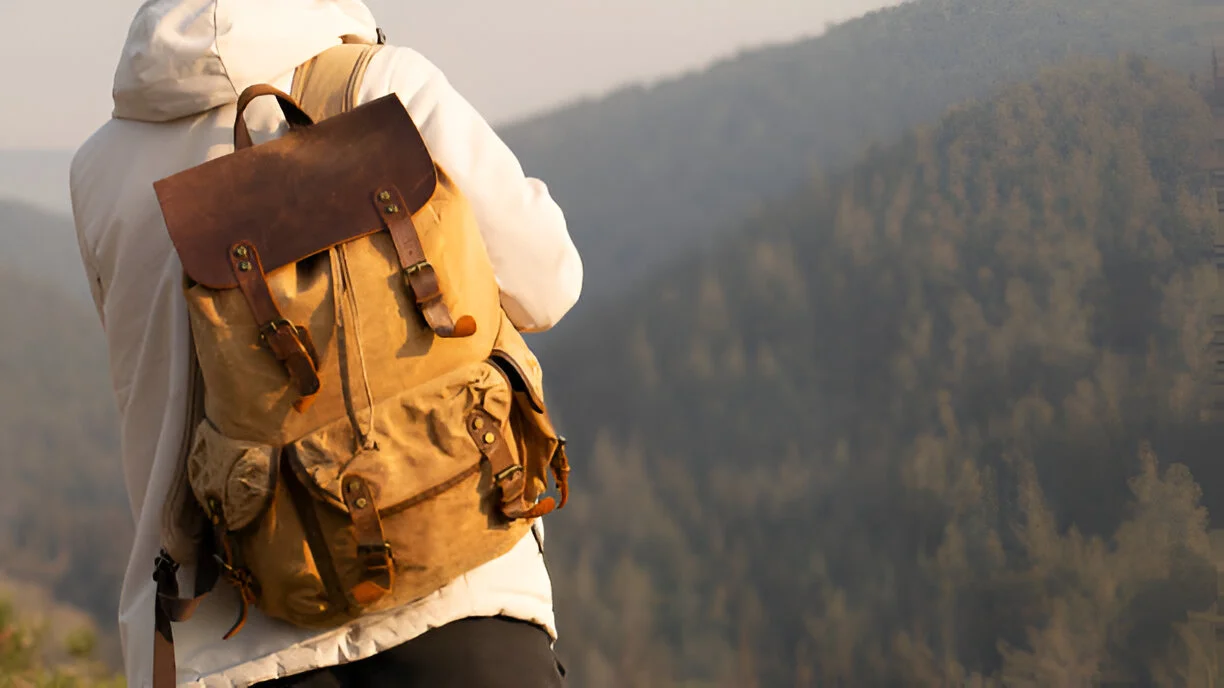Camping with kids can be an absolute blast, but it comes with its own set of challenges. The outdoors is a fantastic playground, yet little ones can quickly get restless if there’s a lull in the excitement. Keeping them busy, engaged, and curious about their surroundings not only makes the trip more enjoyable for them but also helps create treasured family memories. Let’s go over some fun and interactive ways to keep kids entertained, educated, and enthusiastic while camping.
Pre-Camping Preparations
Involve Kids in Planning
Building excitement for the trip starts before you even leave home. Let your kids help pick out the campsite or talk about what activities they’d love to try. This involvement gives them something to look forward to and makes them feel included in the adventure. Go over a basic itinerary and ask, “What’s one thing you’d love to do when we’re out there?” It can be as simple as roasting marshmallows or exploring a nearby trail.
Packing Essentials
Packing can feel like a big task, but it’s also a great opportunity to get kids in on the action. Create a checklist together that includes both essentials (think: water bottles, hats) and fun extras like a favorite toy or game. Letting them choose one comfort item, like a blanket or stuffed animal, can ease any anxieties they might have about being away from home. And remember, having something familiar can be a big comfort on new adventures!
Daytime Activities
Nature Exploration
Kids love to explore, so turn the surrounding wilderness into a natural classroom. A simple scavenger hunt can keep them busy and teach them about local flora and fauna. Create a list of things they can find, like “a funny-shaped rock,” “three types of leaves,” or “an insect.”
For older kids, challenge them to identify plants and animals. Bring a pocket guide, or use a nature app, to help with identification. It’s amazing how finding and naming things like “milkweed” or “maple leaf” makes nature feel a lot more personal!
Outdoor Games
Pack some classic games with a twist for outdoor fun. Tag and hide-and-seek are great in open spaces, while frisbee or capture-the-flag can be even more exciting when surrounded by trees. Introduce a camping version of charades or storytelling where everyone gets to act out or narrate their favorite parts of the day. Plus, these games don’t require much equipment – just a little energy and imagination.
Crafting with Nature
There’s plenty to make and create with what’s already around you. Collect leaves, stones, and sticks to make nature art, like leaf rubbings or stick figures. If your kids enjoy journaling, give them a notebook to document their findings or draw what they see. Nature crafts are a great way for kids to express themselves while creating something to remember the trip by.
Evening Activities
Campfire Fun
The campfire is one of the most magical parts of camping, especially for kids. As you gather around, encourage them to share stories. Age-appropriate ghost stories can add a hint of spookiness, or campfire songs can set a cheerful mood.
After dark, stargazing is another special treat. Lay on a blanket and look up at the stars. Point out constellations, or make up your own stories about the stars. If you’re feeling creative, help them learn the basics of the constellations – “That’s the Big Dipper – see how it looks like a giant spoon?”
Nighttime Games
When the sun sets, the games don’t have to stop. Flashlight tag is a big hit – the kids run around with one person “it,” using a flashlight to find others hiding in the dark. Shadow puppets also work wonders. Simply shine a flashlight on the side of your tent or a light surface, and let the kids create animals with their hands. For a little more excitement, set up a glow-in-the-dark ring toss. Just pop some glow sticks onto the ground and let them toss rings or hoops for a fun, nighttime activity.
Educational Activities
Survival Skills
Kids love learning how to “survive in the wild.” Teach them simple skills, like tying knots or identifying useful plants. If they’re old enough, show them how to use a compass or read a basic map. Demonstrate the essentials of fire safety and, if appropriate, show them how to gather small sticks or build a fire with supervision. These skills make them feel like little adventurers while building confidence and respect for the outdoors.
Environmental Awareness
Use camping as a chance to teach the importance of protecting nature. Discuss the “Leave No Trace” principles in simple terms, like packing up all trash, leaving rocks and plants where they are, and respecting animals from a distance. Get them involved by giving them little tasks, like picking up trash around the campsite. Not only does it help keep the area clean, but it also gives them a sense of responsibility and connection to the environment.
Rainy Day Activities
Indoor Games
Rain doesn’t have to mean the end of fun. Pack a few compact games like cards, board games, or puzzles for the tent. Storytelling is a good rainy-day backup too – each person can take turns adding to a story until it becomes a fun, imaginative tale. For a quieter time, reading books together can also be a cozy way to pass the time while waiting for the rain to pass.
Tent Crafts
Keep a stash of simple craft supplies like coloring books, crayons, or small craft kits. Kids can spend time coloring, drawing, or making friendship bracelets from yarn. If you have a nature journal, this is a good time for them to write or draw about what they’ve seen. These quiet activities are perfect for a rainy afternoon in the tent and help keep boredom at bay.
Safety Considerations
Set Boundaries
Setting a few ground rules from the start will give you peace of mind and keep the kids safe. Establish clear boundaries around the campsite and designate areas where they’re allowed to roam. A simple whistle or walkie-talkie system can also make it easier to stay in touch if they wander a bit further. Make sure they know to stay within sight or sound distance to avoid any unnecessary worry.
Supervision
While camping is about freedom and fun, safety is still paramount. Always have an adult nearby during activities, especially around water or the campfire. For larger groups, pair older kids with younger ones as “buddies.” Not only does it help with supervision, but it also encourages teamwork and builds a sense of responsibility among the older kids.
Conclusion
Camping with kids is a chance to share the wonders of the outdoors and create unforgettable memories together. By keeping them engaged with fun activities and educational moments, you’re setting the stage for a love of nature that could last a lifetime. Pack some creativity, a few supplies, and an open mind – and enjoy watching your kids experience the joys of camping with you.

Stanley Morgan is an avid camper and outdoor enthusiast dedicated to making camping accessible and fun for all. With years of experience exploring nature, they share tips, gear advice, and inspiration to help others enjoy unforgettable outdoor adventures.




